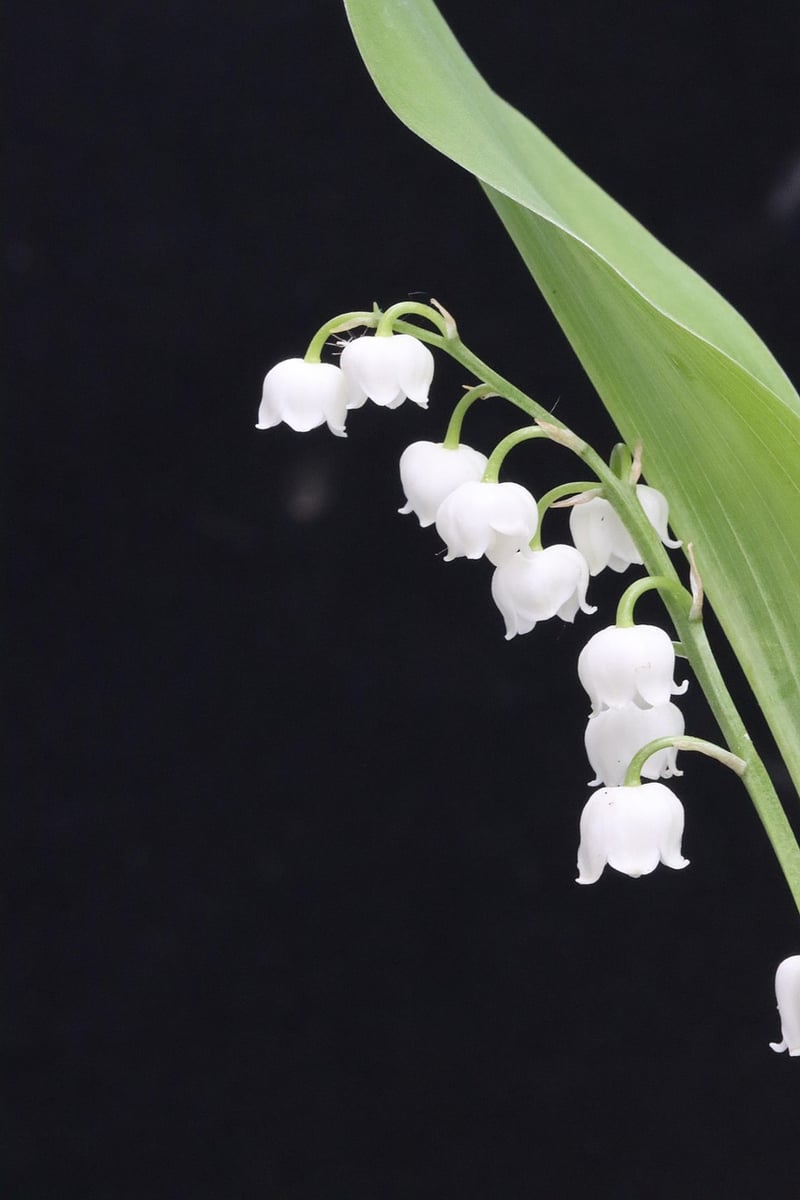Pest Control Methods
Keeping Your Vertical Garden Healthy: Pest Control Methods
Introduction
Vertical gardens are a beautiful and space-saving way to bring nature indoors. However, like any garden, they are susceptible to pests that can harm your plants. In this article, we will explore some tips to keep your vertical garden healthy and discuss effective pest control methods to protect your green oasis.
Tips for a Healthy Vertical Garden
- Choose the right plants for your vertical garden based on the amount of sunlight and humidity in your space.
- Ensure proper watering by checking the moisture levels regularly and adjusting as needed.
- Use a well-draining soil mix to prevent waterlogging, which can attract pests.
- Regularly inspect your plants for any signs of pests or diseases.
- Provide adequate airflow around your vertical garden to prevent the buildup of humidity.
- Prune your plants regularly to remove any dead or damaged parts that may attract pests.
Effective Pest Control Methods
Despite your best efforts, pests may still find their way into your vertical garden. Here are some natural and effective pest control methods to protect your plants:
1. Neem Oil
Neem oil is a natural insecticide that can help control common pests like aphids, spider mites, and whiteflies. Dilute neem oil in water and spray it on your plants to deter pests.
2. Horticultural Soap
Horticultural soaps are effective against soft-bodied insects like mealybugs and scale. Mix the soap with water and spray it on your plants, focusing on the undersides of leaves where pests tend to hide.
3. Diatomaceous Earth
Diatomaceous earth is a natural powder that can be sprinkled around the base of your plants to control crawling insects like ants and slugs. It works by dehydrating the pests upon contact.
4. Beneficial Insects
Introducing beneficial insects like ladybugs and lacewings to your vertical garden can help control pest populations naturally. These insects feed on common garden pests, keeping your plants healthy.
5. Companion Planting
Planting pest-repellent herbs like basil, mint, and rosemary alongside your main crops can help deter pests and improve overall plant health.
Conclusion
By following these tips for a healthy vertical garden and implementing effective pest control methods, you can enjoy a thriving oasis of greenery in your indoor space. Remember to monitor your plants regularly, stay proactive against pests, and maintain a balanced ecosystem to ensure the long-term health of your vertical garden.

